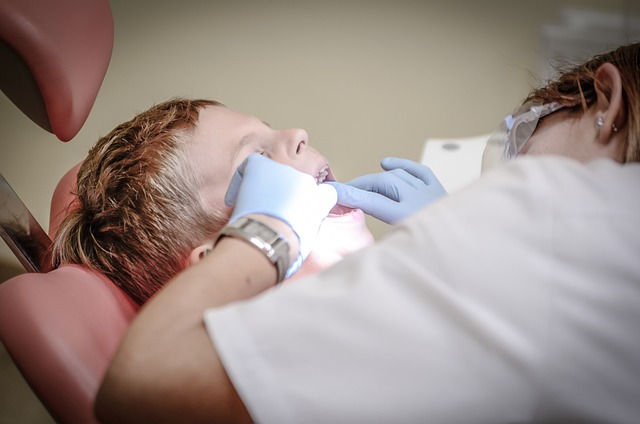The Importance of Regular Vet Checkups
As a responsible pet owner, you want to ensure your furry friend stays healthy and happy. One of the most effective ways to achieve this is through regular vet checkups. In this article, we will discuss the importance of regular vet checkups, what to expect during a routine visit, and how often they should be scheduled.
Regular vet checkups are essential for maintaining your pet’s overall health and detecting any potential health issues early on. During a routine visit, your veterinarian will perform a physical examination, review your pet’s medical history, and conduct various diagnostic tests to ensure everything is in order. They may also discuss vaccination needs, parasite control, and provide guidance on nutrition and lifestyle recommendations.
Some key points to consider when scheduling regular vet checkups include:
- Age and breed-specific guidelines: Different breeds have unique health requirements, and age can significantly impact a pet’s health. Your veterinarian can help determine the best schedule for your pet based on their specific needs.
- Puppy vaccinations: Puppies require a series of vaccinations to protect them from diseases such as parvovirus and distemper.
- Adult checkups: Even healthy adult pets benefit from regular checkups, as they can help identify any potential issues before they become major problems.
- Senior care: As your pet ages, their health needs may change. Regular checkups can help monitor age-related health issues and adjust treatment plans accordingly.
During a vet checkup, you can expect the following:
- A physical examination to check for any signs of illness or injury
- Review of your pet’s medical history, including vaccination records and previous test results
- Diagnostic tests such as blood work, urinalysis, or imaging studies (e.g., X-rays or ultrasounds)
- Discussion of nutrition and lifestyle recommendations to maintain optimal health
How often you should schedule regular vet checkups depends on various factors, including your pet’s age, breed, and health status. Generally, the following guidelines apply:
- Puppies: Every 3-4 months until they are about one year old, then annually thereafter
- Adult dogs: Annually, with more frequent visits if necessary
- Senior dogs: Bi-annually or more frequently depending on health status and age
It’s also essential to remember that prevention is key. Regular vet checkups can help identify potential health issues before they become major problems. By staying on top of your pet’s health, you can ensure a longer, healthier life for them.
For specific advice on grooming and care tailored to your dog’s breed, visit https://furhavenworld.com/essential-grooming-tips-for-different-dog-breeds/
The Benefits of Regular Vet Checkups
Regular vet checkups offer numerous benefits for both you and your pet. Some of the most significant advantages include:
- Early detection and prevention of health issues: Regular checkups can help identify potential health problems before they become serious.
- Immunization against diseases: Vaccinations are a crucial part of preventing illnesses in dogs.
- Preventative care: Regular checkups can help prevent parasites, skin issues, and other common health concerns.
- Personalized advice: Your veterinarian can provide tailored guidance on nutrition, lifestyle, and more to support your pet’s unique needs.
Conclusion
Regular vet checkups are a vital component of maintaining your pet’s overall health. By staying on top of their care, you can help identify potential issues early on, prevent diseases, and ensure a long, happy life for your furry friend. Remember to schedule regular visits based on your pet’s age, breed, and health status, and don’t hesitate to reach out to your veterinarian if you have any concerns.
Tags
Pet Health Tips, Vet Checkups Importance, Dog Care Advice, Healthy Pets, Preventative Pet Care
Outbound Links
American Kennel Club’s Guide to Health and Wellness for Dogs, Vin.com: A Comprehensive Resource for Pet Owners

